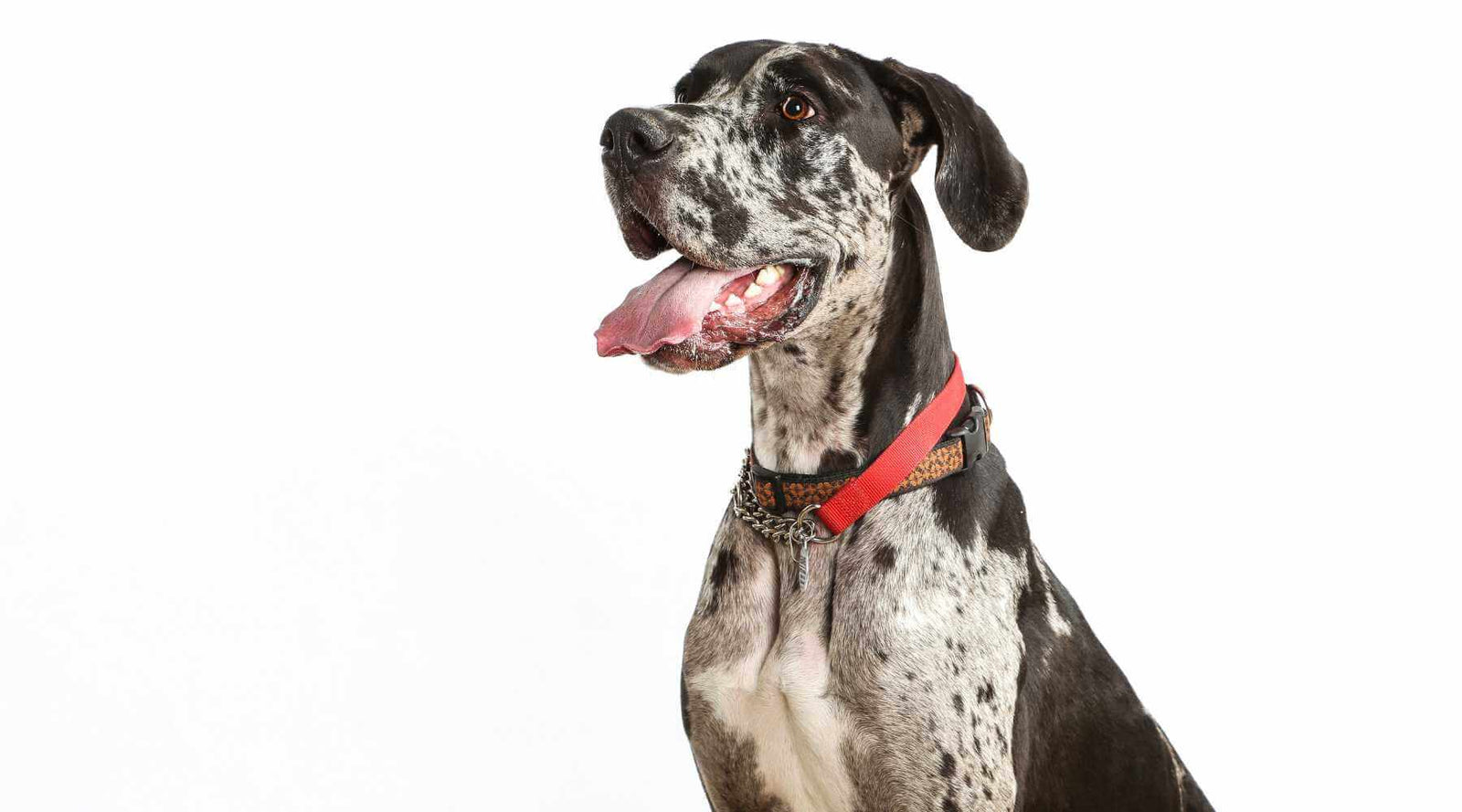Introduction: Gastric Torsion – A Threat Lurking in the Shadows
As pet parents, it's essential to be aware of the potential health concerns that could affect our beloved canines. One such menacing medical condition is gastric torsion, also known as Gastric Dilatation-Volvulus (GDV) or dog bloat. This medical emergency occurs when a dog's stomach fills with gas, twists upon itself, and cuts off blood supply to vital organs. Left untreated, it can be fatal. This article will explore the risk factors, common symptoms, and prevention strategies to help your furry friend lead a happy and healthy life.
Gastric Torsion: The Anatomy of a Twisted Stomach
Gastric torsion happens when a dog's stomach fills with gas, causing it to expand and twist upon itself. This twisting can obstruct the blood supply to abdominal organs and damage the stomach wall. If not addressed promptly, the lack of blood flow can lead to life-threatening complications.
Risk Factors: Who's in the Line of Fire?
While dogs can develop gastric torsion, some breeds are more susceptible due to their genetic predispositions and physical characteristics. Large, deep-chested dogs like Saint Bernards, German Shepherds, and Standard Poodles face a higher risk. However, mixed breeds and smaller dogs can also suffer from this condition. It's crucial to stay vigilant and recognize the signs of bloat in any dog.
Common Signs of Gastric Torsion: What to Look Out For
Keep a keen eye on your canine companion for these common symptoms of gastric torsion:
- Distended abdomen or rib cage
- Restlessness or pacing
- Unproductive retching or vomiting
- Rapid or laboured breathing
- Excessive drooling
- Pale gums
- Abdominal pain
- Weakness or collapsing
If you notice abnormal symptoms, immediately rush your furry friend to an emergency vet.
Prevention Strategies: Keep Your Pooch Protected
To reduce the risk of bloat, consider the following:
- Serve smaller, more frequent meals instead of one large meal.
- Encourage slow eating with a slow-feeder bowl or by spreading food on a flat surface.
- Limit water intake immediately after meals.
- Avoid strenuous exercise before or after meals.
- Steer clear of raised food bowls.
FAQs: Gastric Torsion and Your Furry Friend
Q: Can gastric torsion be treated? A: Yes, but it requires immediate veterinary care. In most cases, emergency surgery is necessary to return the stomach to its normal position and remove damaged tissue.
Q: What is the survival rate for dogs with gastric torsion? A: With prompt medical care, the survival rate can be as high as 80%. However, the prognosis worsens the longer the condition remains untreated.
Q: Are there any long-term effects of gastric torsion? A: If treated in time, most dogs can resume a normal quality of life. However, they may be at a higher risk of developing bloat again in the future.
Q: Should I invest in pet health insurance to cover gastric torsion treatment costs? A: Pet health insurance can provide financial assistance for various health care needs, including emergency treatment for gastric torsion. Ensuring your furry friend receives the best possible medical care without breaking the bank is worth it.
Super Feedy - Changing the way dogs eat for good.

As responsible pet parents, we know that you want to do everything to help. Living with a sick dog after a meal is no fun. Our two doggos, Marley and Belle, like to eat fast! So we know exactly what it's like to live with a dog in pain and discomfort after eating.
We are introducing the Ultimate, Versatile 4-in-1 Slow Feeder Dog Bowl! We're excited this new slow feeder dog bowl combines modern design with innovative functionality. It's more than just a slow feeder. A slow feeder bowl that naturally slows your dog down at chow time, as well as a reversible lick mat so your pet can enjoy a variety of delicious foods like purees, stews, or wet food. An excellent bowl for easy delicious food prep and storage doubles as a dog-friendly travel bowl for your canine adventures.
Your dog will have a happier, healthier mealtime experience giving you peace of mind.
Conclusion: Prioritise Your Canine's Health and Well-being
Gastric torsion is a serious and potentially life-threatening condition that can affect any dog. By understanding the risk factors, recognizing the common signs, and implementing preventive measures, you can actively safeguard your furry friend's health. Regular veterinary visits and staying alert to changes in your dog's behaviour or appearance are crucial steps in ensuring their well-being.
Stay vigilant and act quickly if you suspect your canine companion is experiencing gastric torsion. Remember that early detection and intervention can significantly improve their chances of survival and maintaining a high quality of life. Your beloved pet can lead a long, happy, and bloat-free life with proper care and attention.



